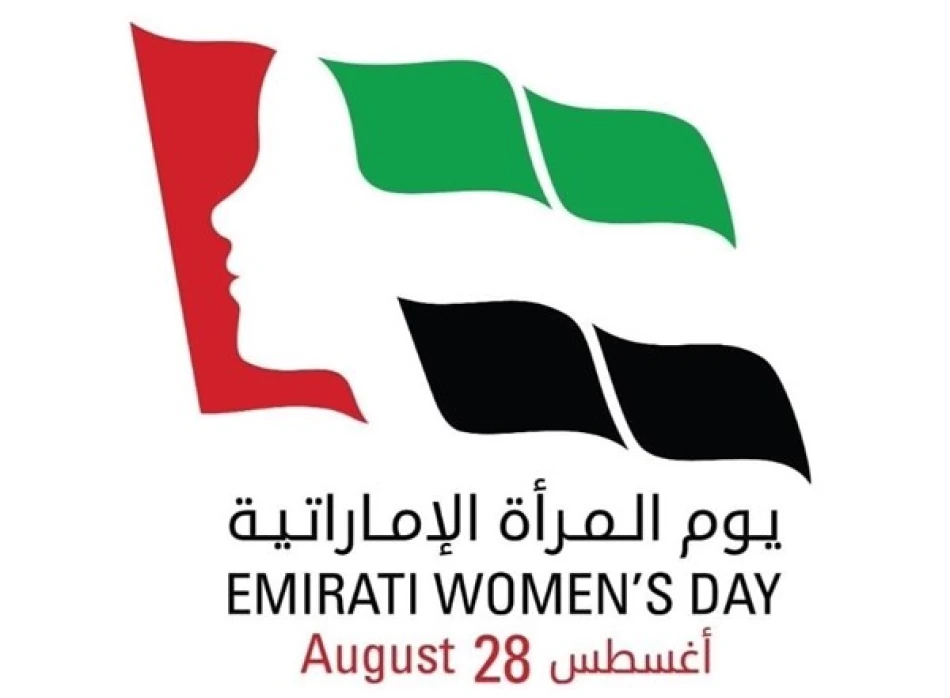
Emirati Women Thrive with UAE Leaders' Vision and Guidance
UAE's Gender Balance Success Story: A Model for the World as Nation Celebrates Women's Day
The UAE has positioned itself as a global benchmark for gender equality, with Emirati women achieving unprecedented representation across government, parliament, and leadership positions. As the nation celebrates Emirati Women's Day under the theme "Hand in Hand, We Celebrate the Golden Jubilee," senior officials highlight how strategic vision and sustained policy implementation have transformed the UAE into one of the world's most progressive societies for women's empowerment.
Royal Leadership Drives Gender Equality Vision
Her Highness Sheikha Manal bint Mohammed bin Rashid Al Maktoum, President of the UAE Gender Balance Council and President of Dubai Women Establishment, emphasized how the UAE's leadership has made women's empowerment a cornerstone of national development. Speaking on Emirati Women's Day, she credited the visionary approach of President Sheikh Mohammed bin Zayed Al Nahyan and Vice President Sheikh Mohammed bin Rashid Al Maktoum for creating an enabling environment where women can excel across all sectors.
The celebration also honored "Mother of the Emirates" Her Highness Sheikha Fatima bint Mubarak, whose decades-long advocacy has established international benchmarks for women's advancement. Her initiatives have consistently served as inspiration for Emirati women to contribute meaningfully to national progress.
Measurable Results in Global Rankings
The UAE's commitment to gender balance extends far beyond rhetoric, delivering tangible outcomes that position the country among global leaders in gender equality indices. Emirati women now hold significant representation in government positions, parliamentary roles, and executive leadership across both public and private sectors.
Strategic Integration with Future Sectors
Particularly noteworthy is women's substantial contribution to future-focused industries, including technology, renewable energy, and space exploration. This strategic positioning ensures that gender balance initiatives align with the UAE's broader economic diversification goals, creating a sustainable foundation for continued progress.
International Context and Competitive Advantage
The UAE's approach contrasts sharply with many regional and global counterparts who struggle with gender representation in leadership roles. While countries like Saudi Arabia have made recent strides in women's participation, and nations like Singapore maintain strong educational parity, the UAE has achieved comprehensive integration across all societal levels.
This comprehensive approach has practical economic implications. Gender-diverse leadership teams consistently demonstrate superior financial performance and innovation capacity, giving UAE-based companies and government entities a competitive edge in global markets.
Sustainable Development Goals Alignment
The UAE Gender Balance Council continues implementing innovative policies that reinforce the nation's commitment to UN Sustainable Development Goals, particularly SDG 5 (Gender Equality). This alignment enhances the UAE's soft power and international standing, attracting foreign investment and talent while strengthening diplomatic relationships.
Building on Founding Principles
The current achievements build upon the foundational vision of the late Sheikh Zayed bin Sultan Al Nahyan, who established women's empowerment as a national priority from the UAE's inception in 1971. This five-decade commitment demonstrates remarkable policy consistency that many nations struggle to maintain across political transitions.
Looking Forward: Sustained Momentum
As the UAE celebrates its Golden Jubilee, the integration of gender balance into national competitiveness strategies suggests this progress will accelerate rather than plateau. The focus on future industries, combined with proven policy implementation capabilities, positions Emirati women to play increasingly vital roles in the nation's next phase of development.
This systematic approach to gender equality offers valuable lessons for other nations seeking to maximize their human capital potential while building more inclusive, economically dynamic societies.
Most Viewed News

 Layla Al Mansoori
Layla Al Mansoori






